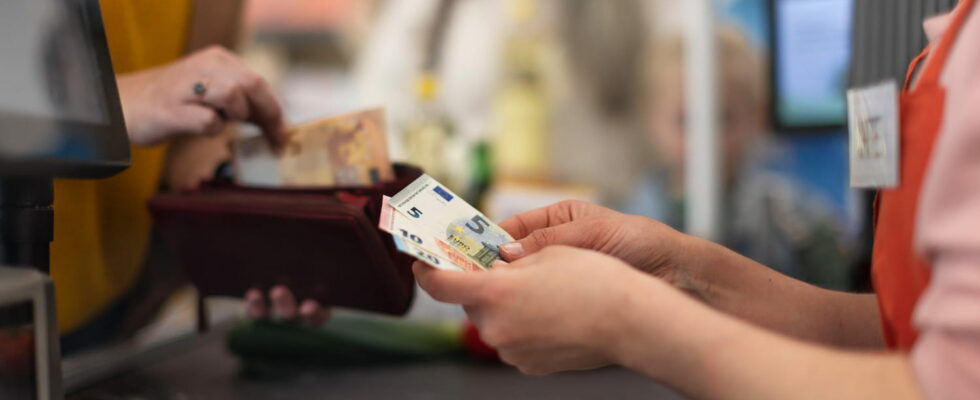If they do not respect this obligation, customers may have their cash payment refused: the merchant is within his rights.
Cash payments with large denominations often pose problems for merchants. When a customer takes out a 100 or 200 euro note for a small purchase, the seller may have difficulty giving change. At the time, this type of situation can create tension between the customer and the seller. Not to mention that accepting such denominations can also increase the risk of counterfeits, which encourages some merchants to refuse these notes, thus making transactions a little more complicated for everyone.
In France, notes and coins are means of payment in the same way as a bank card. They cannot therefore be refused. The law is also clear on this subject: according to article R642-3 of the Penal Code, “the fact of refusing to receive coins or bank notes which are legal tender in France according to the value for which they are valid is punishable by the fine provided for 2nd class contraventions”, namely 150 euros. However, in a specific case, the merchant may reject a cash payment.
Indeed, as the law and finance expert Masdak explains in his book “Ending scams” (Solar daily editions), “when a payment is made in cash, it is up to the debtor to make up the amount. Thus, the creditor can refuse the cash payment if he does not have enough change to make the difference.”
Additionally, the buyer cannot pay for an item using all their spare change. It is constrained by a number of parts. “Payment with more than 50 coins for a single purchase may be refused, except for payments to the Public Treasury”, specifies the specialist. Remember that cash payments are generally accepted, but it is better to always have the extra on you if the merchant does not have enough funds in his cash register. This is often the case when the store opens and at the end of the day.
